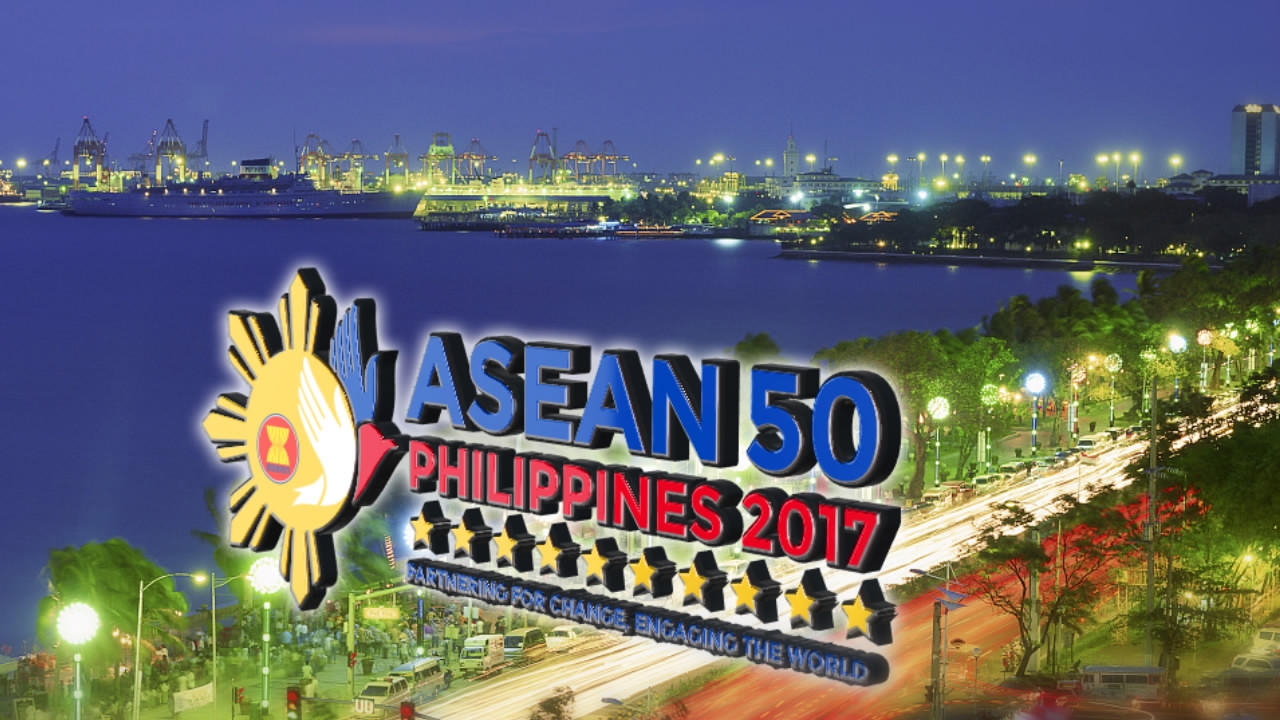
Politics
13:17, 09-Aug-2017
ASEAN 50: DPRK, South China Sea dominate Manila talks
CGTN

Foreign ministers of the Association of Southeast Asian Nations, or ASEAN, along with over a dozen other countries, ended a week of meetings on Tuesday with a grand celebration of the regional bloc's 50th founding anniversary. ASEAN also proved its relevance by tackling two of the most pressing global issues – tensions on the Korean Peninsula and the South China Sea.
ASEAN has come a long way since it was founded 50 years ago. The region is now considered an engine of global economic growth. As there are many things to celebrate, it also continues to face challenges, both old and new.
One of the most pressing problems is terrorism, with the current battleground being Marawi City in the southern Philippines, where the military, with the international community’s support, is battling ISIL-backed militants.
“We want a region that is secure, where our people can live without fear from the lawless elements and the debilitating effects of corruption, and transnational crimes,” said Philippine President Rodrigo Duterte.
With the latest round of UN sanctions on the Democratic People’s Republic of Korea (DPRK) over the weekend, DPRK’s nuclear weapons program inevitably stole the show at the diplomatic gathering in Manila with foreign ministers singing a chorus of condemnation in front of DPRK’s foreign minister Ri Yong Ho. This overshadowed even the adoption of a framework for a code of conduct in the South China Sea, which in China and ASEAN’s view, was major progress.
“We’ve cooperated to effectively bring the disputes back to the track where parties directly involved can seek an appropriate solution through dialogue,” Wang Yi, Chinese Foreign Minister said.
There’s still much to be ironed out, yet one step forward in a long-standing dispute may still be a cause for celebration.
2848km

SITEMAP
Copyright © 2018 CGTN. Beijing ICP prepared NO.16065310-3
Copyright © 2018 CGTN. Beijing ICP prepared NO.16065310-3